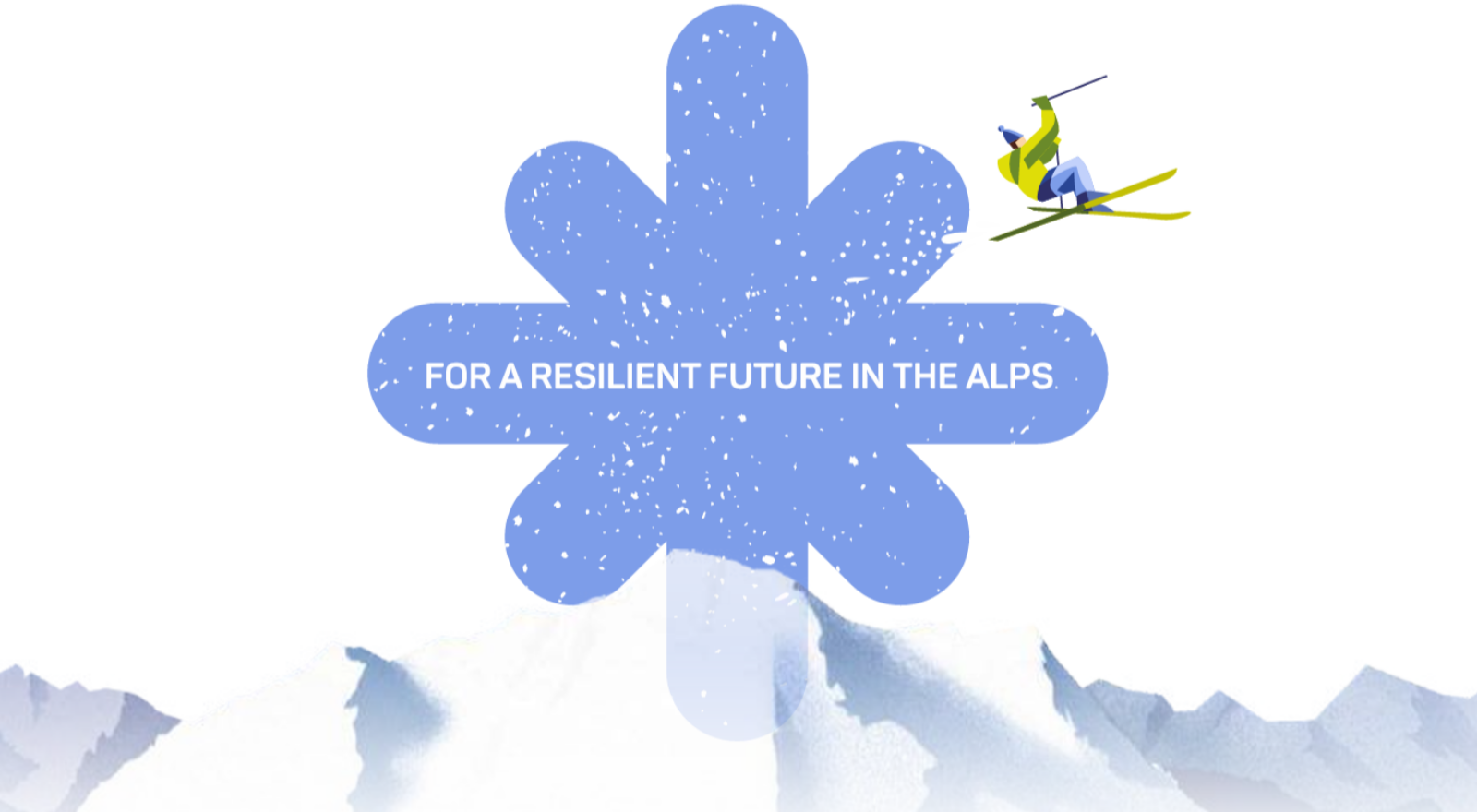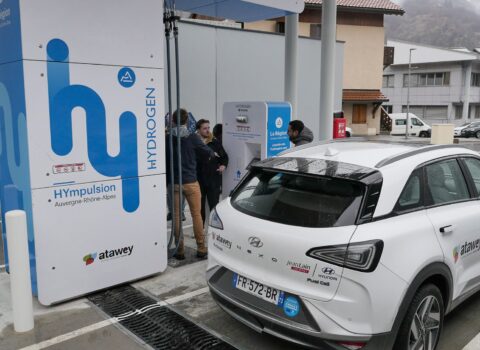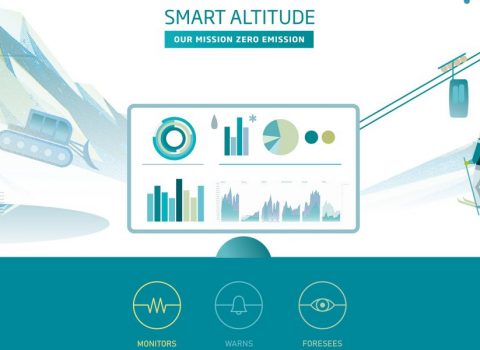Smart Altitude European project enters the final stage of Regiostars 2023
The jury has carefully evaluated the record number of applications – 228 in total – and selected 30 finalists. Among them, Smart Altitude, a European Interreg Alpine Space project partnered by FBK Center for Sustainable Energy, that aims at implementing new tools to improve the use of energy and reduce greenhouse gas emissions in Alpine ski areas.
The finalists have been announced!
What are the next steps? There are three dates to be marked on the calendar:
- 14 September, with the start of the online public vote on the competition platform.
- 11 October, with the final round of project pitches happening during the EU Regions’ Week in Brussels
- 16 November, with REGIOSTARS ceremony and announcement of winners happening in Ostrava, Czech Republic
REGIOSTARS is a yearly competition that has been organised by the European Commission’s Directorate General Regional and Urban Policies since 2008. Over the years it has become Europe’s label of excellence for EU-funded projects, which demonstrate the impact and inclusiveness of regional development. 2023 is the year of renewal and re-launch of the competition.
From this year the REGIOSTARS are awarded to projects in six thematic categories:
• Category 1) A COMPETITIVE AND SMART EUROPE
• Category 2) A GREEN EUROPE
• Category 3) A CONNECTED EUROPE
• Category 4) A SOCIAL AND INCLUSIVE EUROPE
• Category 5) A EUROPE CLOSER TO THE CITIZENS
• Category 6) TOPIC OF THE YEAR (European Year of Skills 2023)
By putting forward solutions to common challenges and tapping into the biggest opportunities, the REGIOSTARS have inspired regions to deliver evermore-impactful EU regional policy.
Smart Altitude (included in the Category 2 A GREEN EUROPE) implemented new tools to improve the use of energy and reduce greenhouse gas emissions in Alpine ski areas. The project developed new decision-making tools for ski operators and policy makers and innovative technical solutions tested in four living labs. It helped to overcome differences in territorial governance and infrastructure management among winter tourism destinations.
Winter tourism in the Alps generate an annual turnover of € 40 billion. However, it has increasingly high energy and environmental costs. On the other hand, this economic activity is strongly affected by the consequences of climate change on the weather and natural conditions. The implementation of low-carbon policy in Alpine regions therefore requires adaptation but also mitigation strategies to reduce carbon emissions.
Why Smart Altitude?
The tourism sector plays an important economic and social role in the Alpine regions. Winter tourism is a key driver for the Alpine economy. Every year more than 100 million people visit the Alps, which is about 12% of the world’s tourists. In most Alpine territories, winter sports are still the main tourist attraction and represent a significant source of income. The Alps host 36% of the ski resorts and 84% of the major ski areas, attracting around 20 million skiers each year.
Why climate change?
Climate change affects significantly winter tourism
During the last 40 years, the average winter temperature in the Alps has increased by 1 °C and inter-year variability in snowfalls has also become more pronounced. The main impact of climate change is visible in the higher rain-snow limit and in the rapid melting of the snow cover at the beginning and end of winter.
What solutions to adopt?
Alpine territories can adopt adaptation and mitigation strategies
Adaptation and mitigation strategies anticipate and reduce the adverse effect of climate change. The design and adoption of these strategies can help ski resort operators and policy-makers of mountain regions in dealing with the new climatic conditions. The new measures and activities can build a new model for alpine winter tourism.
Thanks to the SMART ALTITUDE European project, alpine winter tourism territories are building an integrated framework for a low-carbon, high-impact and resilient future.
If you want to support the project, starting from 14 September 2023, you can do it here.
Further info & Contact:

Head of Area
Sustainable Territories




